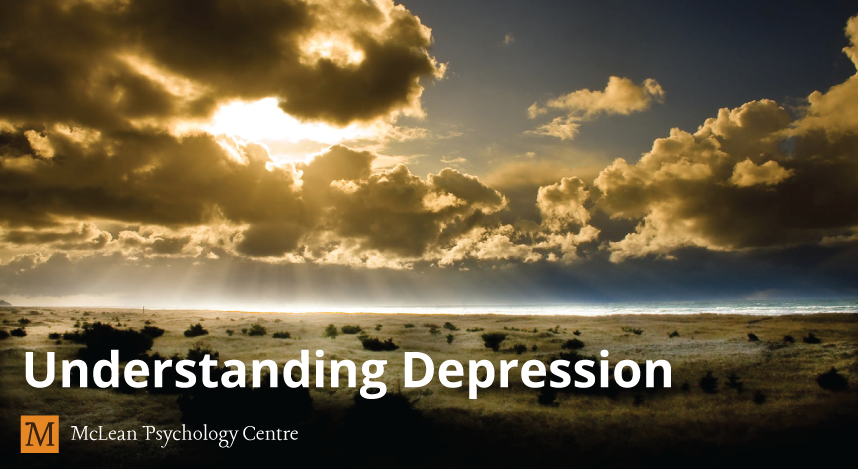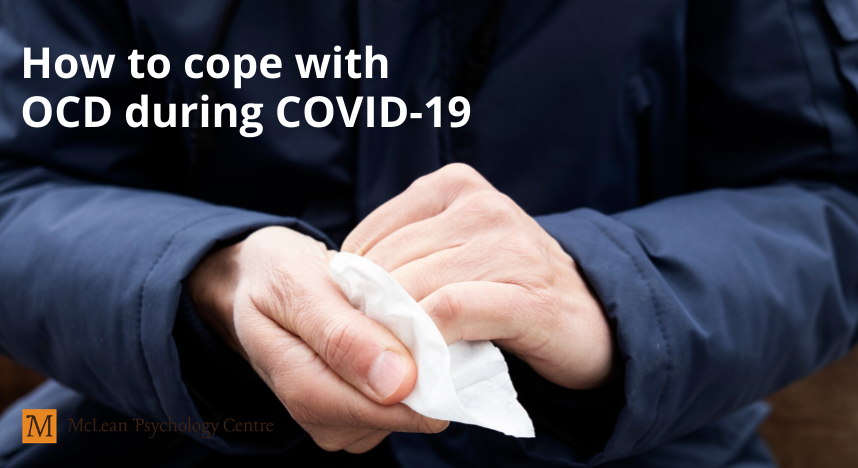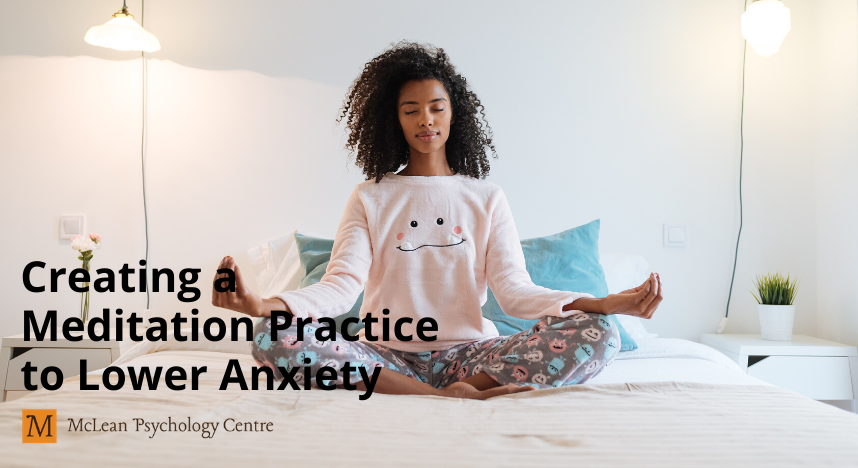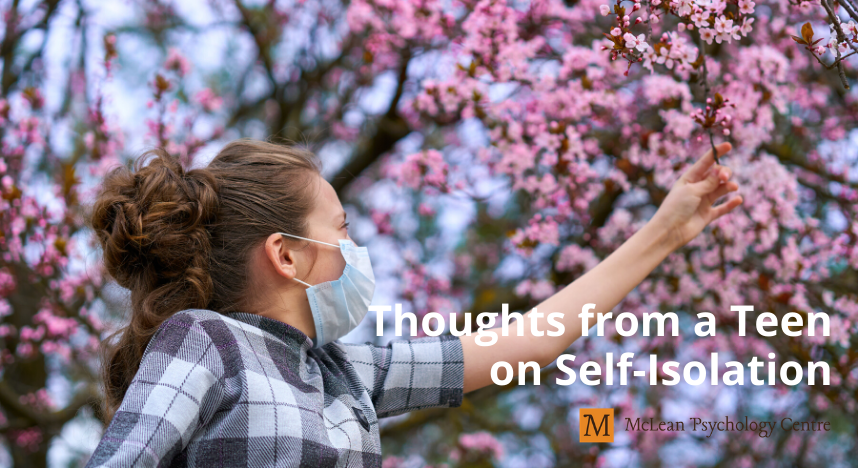Depression is a term that gets thrown around a lot. People will talk about being depressed, but really mean they are feeling sad, down, burnt out, or blue. If someone is truly experiencing depression their sadness will last a significant amount of time (two weeks or more), and they will feel hopeless, helpless, and often blame themselves for feeling this way. Fortunately, depression is a highly treatable, but getting effective treatment is essential.
True depression is a medical condition that manifests in extreme sadness. This sadness interferes with activities of daily living by affecting concentration, eating, sleeping, and motivation. People suffering from major depression will often have some, or all, of the following symptoms. Psychologists look for the presence of five or more of these symptoms lasting more than two weeks causing major life disruption (interfering with one’s social life, work life, or daily functioning).
- Persistent, sad, anxious, or “empty mood”
- Decreased level of energy, fatigue
- Feelings of hopelessness, helplessness
- Feelings of self-loathing
- Loss/increase of appetite, loss/increase of weight
- Difficulty concentrating, remembering or making decisions
- Sleep disturbance
- Unexplained aches and pains
- Thoughts of death or suicide (including recurring thoughts of suicide without a plan, a suicide attempt or a specific plan to commit suicide)
Depression is very common, affecting more than one million Canadians each year, and is thought to come from a combination of genetic, chemical, biological, psychological, social, and environmental factors. Depression comes in a number of forms.
Major Depression is characterized by a moderate to severe inability enjoy life and experience pleasure. Left untreated episodes can last six months or more, and can recur over a person’s lifetime.
Dysthmia, or recurrent mild depression, is a mild to moderate with brief periods of normal mood. The symptoms of Dysthmia are not as severe as Major Depression, but they can last up to two years. Those suffering from Dysthmia sometimes feel like they are simply “not happy people”.
Bipolar Disorder – also known as manic depression – is marked by cycling mood changes. Episodes of manic depression usually manifest in impulsive behaviour, hyperactivity, rapid speech, and sleeplessness. People with Bipolar Disorder gradually shift between mood extremes, but share many symptoms with Major Depression.
There are other types of depression that are more situational in nature such as Seasonal Affective Disorder (SAD), which causes depression during either the summer or winter months, and Postpartum Depression, which is triggered by hormones after the birth of a child.
Like any medical condition, depression can be more common or severe in those with risk factors such as marital problems, family history of depression, lack of social supports, financial strain, early childhood trauma or abuse, chronic pain or health problems, or unemployment.
Treating depression is a many faceted process. You can make lifestyle changes on your own that may help, such as changing your diet and exercise routines, or ensuring you get enough sleep. Reaching out to friends and family to develop support systems will help you feel less alone. Trying relaxation and focusing techniques like mindfulness meditation will assist in changing thought patterns and allow your mind to rest.
It is important to know when to seek professional help for depression, however. If you have been experiencing depression for four weeks or more, if your depression is effecting your relationships or employment, or if you are having suicidal thoughts, seek help immediately. A good place to start is with your family doctor who can determine if there is any underlying physical condition that may be causing your depression.
When you are ready, you may want to seek individual treatment with a psychologist like the clinicians at McLean Psychology Centre. Booking a consultation is the first step to feeling better.
Depression is a terrible condition to suffer from. It makes wonderful people feel horrible, useless, and unwanted. The good news is depression can be successfully treated and a full, normal life can be resumed.







